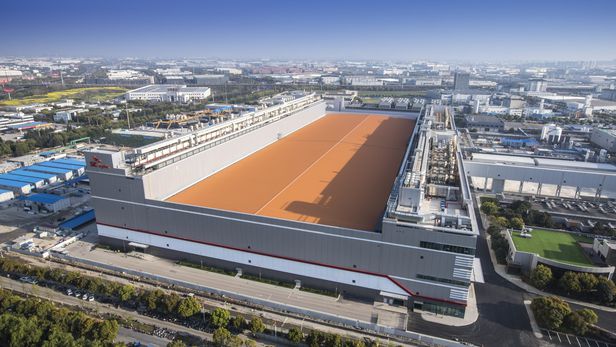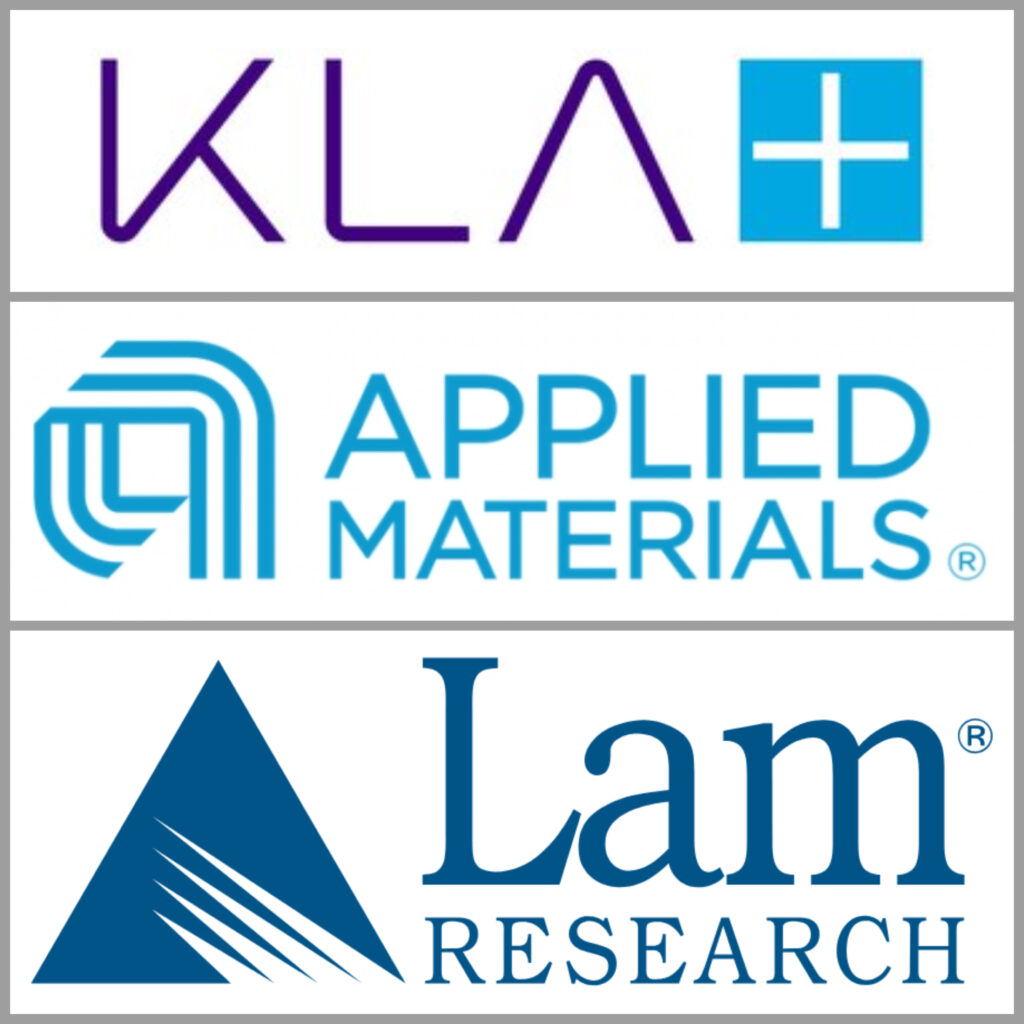
According to Reuters on the 11th, a company employee in China received an e-mail from the KLA legal team saying,
“We will stop selling and service to Chinese high-tech companies such as NAND flash with 128 levels or less, DRAM with less than 18nm (nanometers, 1 billionth of a meter) and advanced logic chip technology from 11:59 p.m.
The source added that KLA’s supply suspension will include a Chinese semiconductor plant owned by Intel and SK Hynix, the world’s second-largest memory semiconductor manufacturer.The measure is said to be in accordance with the full export control policy in the semiconductor manufacturing sector in China announced by the U.S. Joe Biden administration on the 7th. Earlier, the U.S. Department of Commerce announced regulations that would effectively ban domestic companies from exporting U.S. semiconductor equipment to Chinese semiconductor production companies. According to the report, foreign companies with production facilities in China must also obtain individual licenses after being separately reviewed by the U.S. authorities.
SK Hynix reaffirmed its position that it will apply for a license from the U.S. to continue operating its Chinese plant. Intel and KLA did not make any position.

Major Chinese semiconductor companies that are directly affected by U.S. export regulations are Yangtze Memory Technology (YMTC), Changshin Memory Technology (CXMT), and Semiconductor Manufacturing International (SMIC).KLA is considered one of the top semiconductor equipment manufacturers in the United States along with Ram Research and Applied Materials. According to the KLA’s financial report, China is KLA’s largest market, accounting for $2.66 billion, or 30 percent of total sales in the previous fiscal year (June).KLA’s stock price fell 4.7% the previous day due to the export regulations. The Philadelphia Semiconductor Index, a U.S. semiconductor industry stock, also fell 3.5 percent to its lowest level in about two years.
KS CHOI
ASIA JOURNAL

